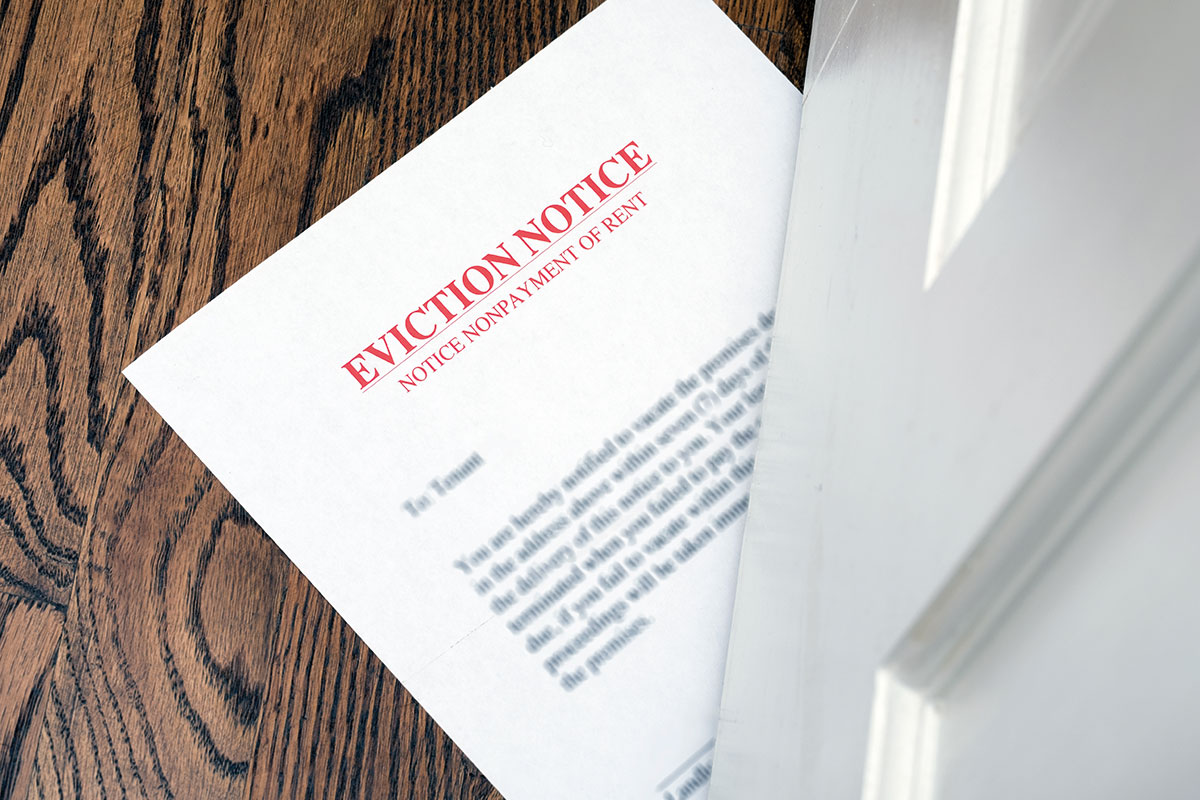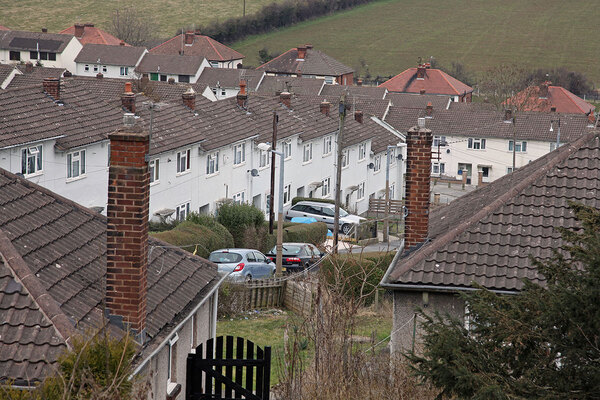No-fault evictions in Welsh county expected to surge by 90% as landlords quit market
A county council in South West Wales is expecting the number of evicted tenants presenting as homeless to nearly double on last year’s figure.
Pembrokeshire County Council said its projections for 2022-23 showed that 492 people will present as homeless as a result of being issued with a Section 21 notice. This is a 90% increase on the previous year, when 258 were evicted.
The surge in no-fault evictions is partly down to landlords leaving the market either to sell up, convert homes into holiday lets, or in anticipation of the impact that new Welsh rental reforms might have on the sector, the local authority said.
The total number of homeless presentations have also increased significantly, with mid-year estimates confirming a 79% increase in a five-year period.
As of March 2022, Pembrokeshire Council had 418 people in temporary accommodation, a 435% increase from the same month in 2019.
The figures were revealed in the local authority’s rapid rehousing transition plan, which is being considered by Pembrokeshire’s scrutiny committee ahead of submission to the Welsh government.
Eviction numbers have surged since a ban on no-fault evictions was lifted after the pandemic. However, Pembrokeshire Council said its rising rates were also linked to the introduction of the Renting Homes (Wales) Act 2016 in December.
The renting legislation changed the rules on Section 21 notices and now require landlords to give at least six months’ notice for no-fault evictions to any tenants who take out a new contract. Prior to this, landlords only needed to give two months’ notice.
“The impact on private landlords will be unclear until the full implementation of Renting Homes (Wales) Act, but we have already seen an increase in Section 21 notices/no-fault evictions,” the plan said.
Neighbouring county Carmarthenshire has also reported a rise in Section 21 notices. It said in its rapid rehousing transition plan that “we are seeing tenancies in the private rented sector ending on a scale never seen before”.
Pembrokeshire Council said it was attempting to discourage landlords from leaving the private market by signing up to Leasing Scheme Wales. Under the programme, a local authority would lease private sector properties from landlords for a minimum of five years.
“The success of this scheme in Pembrokeshire will be vital in trying to ensure that the private rented sector remains a viable option for those renting and relieve the pressure on social housing”, the council said.
Together with local housing associations, Pembrokeshire Council said it has planned developments for around 722 new properties to be built by 2029.
Sign up for our Wales newsletter
New to Inside Housing? Click here to register and receive our Wales round-up straight to your inbox
Already have an account? Click here to manage your newsletters












